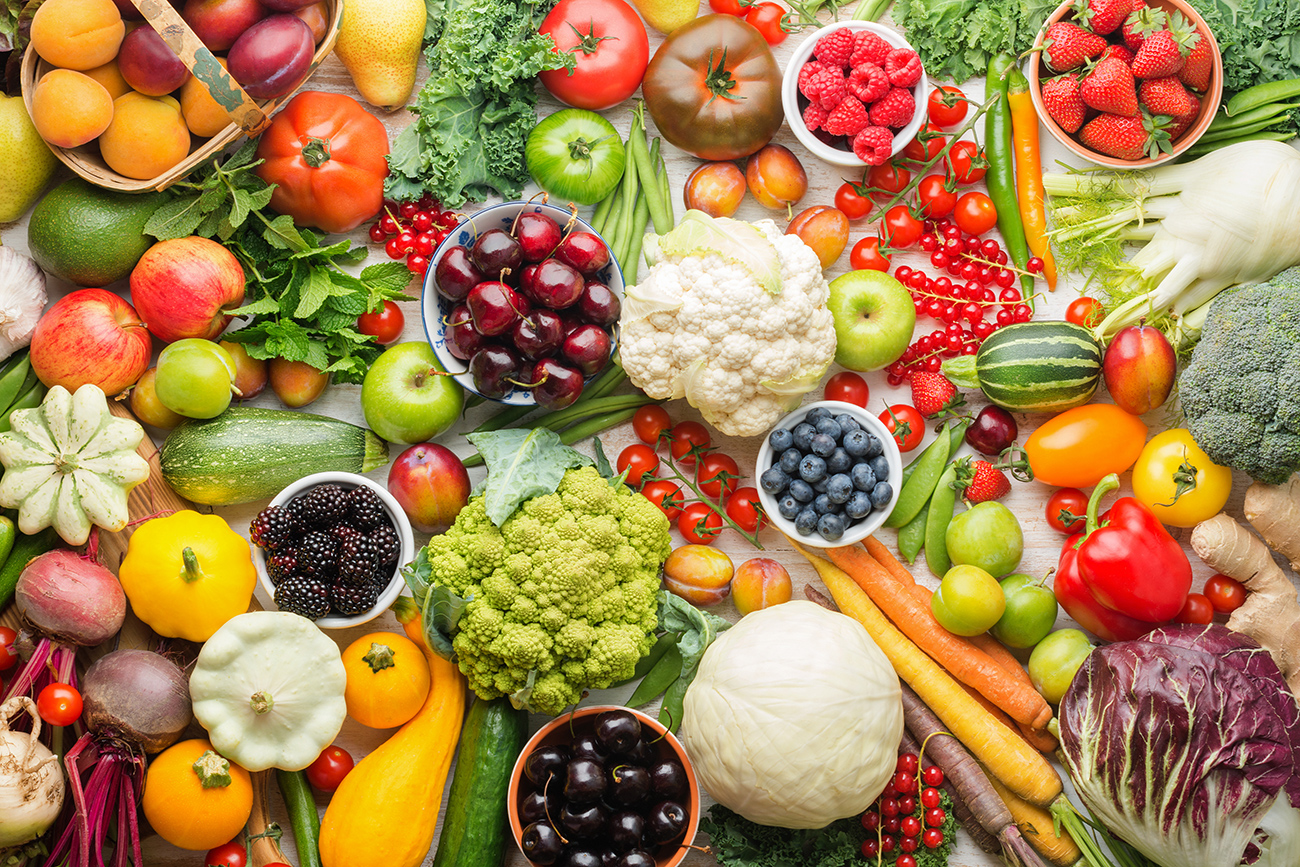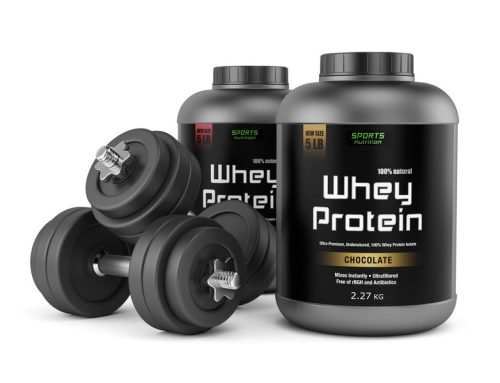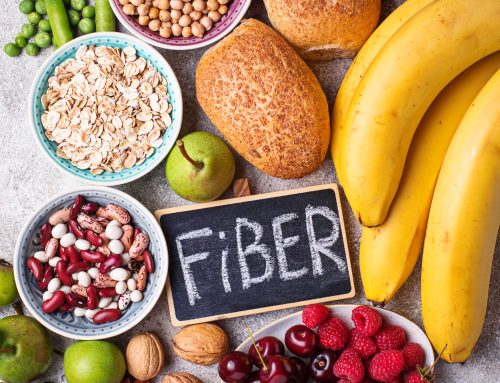Eat healthy, live longer? Can it be as simple as that? Would that motivate you to eat a healthier diet? Just a few changes to your diet could add years to your life, but the sooner you start the better. Eating a healthy diet is important, but most people find this difficult to do daily.
Eat Healthy, Live Longer Study
In a new study, researchers showed that if the phrase “eat healthy, live longer” is supported by credible research.
• The study examined the effects of individual healthful and non-healthful types of foods and estimated the impact by age and sex of swapping some for others.
• The researchers developed an online tool that anyone can use to get an idea of how individual food choices can affect life expectancy.
• They found that the biggest overall impact comes from eating more plant-based foods (legumes), whole grains and nuts, and less red and processed meat.
• Fruits and vegetables also have a positive health impact, but on average people who eat a typical Western diet are already consuming those in relatively high amounts.
• Fish is also included on the healthful list.
• Sugar-sweetened beverages (sodas) and foods based on refined grains, such as white bread, are among those to be avoided.
• The study also found that although it’s never too late to start, young adults can expect to see more years gained by adopting healthful eating than would older adults.
• Depending how many healthy dietary “switches” are made and maintained and the amounts consumed, a 20-year-old man in the U.S. could extend his life up to 13 years, and a 20-year old woman by 11 years.
• That number drops with age but changing from a typical diet to the optimized diet at age 60 years could still increase life expectancy by 8 years for women and 9 years for men, and even an 80-year-old female could gain more than three years with healthier food choices.
Researchers’ Conclusions on Eating Healthy and Living Longer
• “Sustained change from a typical to an optimized diet from early age could translate into an increase in life expectancy of more than 10 years,” say the Norwegian scientists who conducted the study.
• “Our results indicate that for individuals with a typical Western diet, sustained dietary changes at any age may give substantial health benefits, although the gains are the largest if changes start early in life,” say the researchers.
• Until now, research in this area has shown health benefits associated with separate food group or specific diet patterns, while focusing less on the health impact of other diet changes. The statistical ‘modelling’ approach used in this study bridges that gap, the researchers say.
• “Understanding the relative health potential of different food groups could enable people to make feasible and significant health gains,” they conclude.
But, Doesn’t All Food Boost Energy?
Yes, but in different ways. Sugary drinks, candy, and pastries put too much fuel (sugar) into your blood too quickly. The ensuing crash leaves you tired and hungry again. “Complex carbs,” healthy fats, and protein take longer to digest, satisfy your hunger, and provide a slow, steady stream of energy.
Here are some foods to add to a healthy diet:
• Oatmeal
• Eggs
• Chicken
• Beef Liver
• Oysters
• Beans
• Sardines
• Walnuts
• Tea
• Berries
• Dark Chocolate
• Water
Click here for more on eat healthy, live longer.







